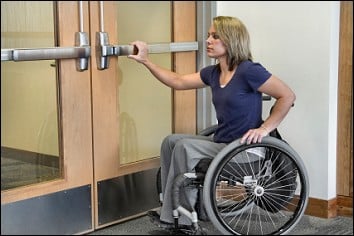The Disability and Inclusion Strategy
At the end of November 2013, the States members debated a new Policy Council initiative called “The Disability and Inclusion Strategy”. The strategy aims to improve the quality of life of disabled islanders and their carers through changing attitudes towards disabled people and carers so that they can be active and engaged socially, economically and culturally.
It intends to do this by:
- Improving opportunities for disabled people and carers to participate across society;
- Promoting more positive and inclusive attitudes towards disability in the community;
- Challenging instances of disadvantage facing disabled islanders and/or carers.
The strategy was approved by the States and the drafting of disability discrimination legislation will be undertaken (subject to other legislative demands) in January 2016.
As outlined in the Billet, “The business community, as well as representatives of disabled people and carers, will be consulted during drafting on policy and practice and will be kept informed of developments”. So, if you want your views heard by the States, keep an eye out for consultation paper.
Initial considerations suggest that a “light touch, non adversarial approach” will be taken when drafting the legislation, and the Policy Council appear not to want any legislation to be too prescriptive, either in terms of definitions and qualification. It is likely that the question of what is “reasonable” would be answered by common sense in most scenarios, which is good news to employers.
Employers need to be mindful that this form of discrimination legislation is the only one of its kind because it makes provision for disabled people to be treated differently, in order to provide them with the same opportunities, rather than being treated the same as everyone else, as is required in other forms of discrimination legislation. This requires barriers to be removed that prevent disabled people accessing goods, services, education, employment, transport, etc. This removal of barriers is known as reasonable adjustment.
What are the considerations for employers?
The main impact for employers will be the requirement for reasonable adjustment to be made in the workplace. This could either be the purchase and installation of a bespoke keyboard with larger keys to assist those with eyesight difficulties or providing one of the allocated car parking spaces normally reserved for senior managers to a member of staff who has walking difficulties. A list of factors that might be taken into account under legislation as to whether an adjustment is reasonable is available from Law At Work should you like a copy.
For SMEs, however, there is a recommendation that a “reasonable adjustment fund” is created (known in the UK as an “Access to work fund”) that will make £20,000 per annum available to assist employers to make these reasonable adjustments in the workplace.
What is a disability?
This has yet to be determined for Guernsey and the Billet states that any legislation will be designed from scratch and will not be a duplicate of the UK law.
When is it being implemented?
The debate in November was just the beginning of a very lengthy process. Early indications suggest that the legislation will not be implemented until at least January 2016. Employers should take this time to familiarise themselves with the requirements that will be placed upon them.
It may be tempting to ignore taking any steps in the workplace until the legislation is implemented but you may want to consider embracing positive and inclusive attitudes at work now, either by developing policies or changing the way you work. Law At Work can assist should you want to take steps now to review your policies.
If you would like more information about how this could affect your business, please call Emma Adkins on 01481 727155 or email emma.adkins@lawatworkci.com







